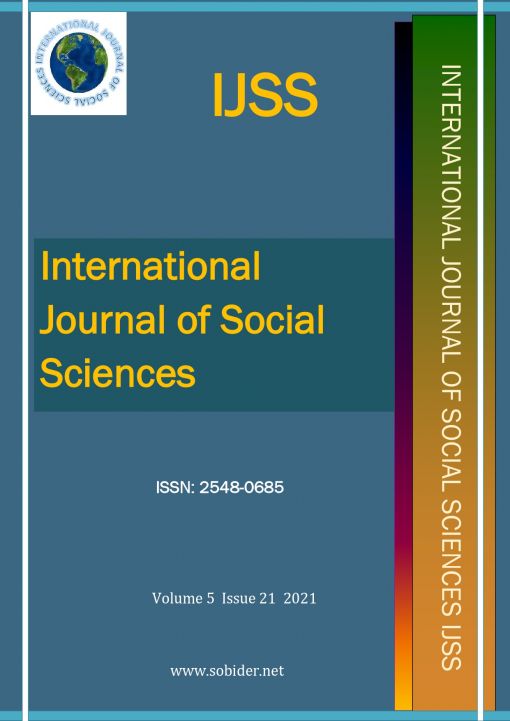The Principle of Diplomatic Immunity Under Islamic Law
The Principle of Diplomatic Immunity Under Islamic Law
Author(s): Sadiq Muhammad SafiyanuSubject(s): International Law, Islam studies, Sharia Law
Published by: SD Yayınevi
Keywords: Immunity; Islamic Law; International Law; Diplomats; Inviolability;
Summary/Abstract: Diplomatic immunity under Islamic law is premised on the idea that a society could send a person on their behalf to negotiate and argue for their cause. Since the coming of Islam in the 7th Century, Islamic law has continually emphasized on the principles of diplomatic immunity. These principles derive their legal authority from the two principal sources of Islamic law, i.e. the Quran and the Sunnah. In addition, and as a secondary source, the consistent practice of Muslim heads of state also clearly establishes the privileges and immunities of diplomats in Islamic law and practice. This article analyses the different sources of Islamic law as it relates to diplomatic immunity and the various instances of its application in Islamic history. In this article, the doctrine of personal inviolability, freedom of religion and freedom from local court’s jurisdiction were specifically discussed. Although, there have been tremendous changes in the way nations interact with each other, the basic functions of diplomacy and their machinery have not changed. Furthermore, the development of new concepts, especially under different International treaties, that have extended the principle of immunity, Islamic law has been shown to be dynamic and flexible to accommodate such new changes. It was also submitted that the provisions of the 1961 VCDR and 1963 VCCR, to the extent of their concurrence with the Quran and Sunnah, are applicable under Islamic law.
Journal: Uluslararası Sosyal Bilimler Dergisi
- Issue Year: 5/2021
- Issue No: 21
- Page Range: 42-52
- Page Count: 11
- Language: English

